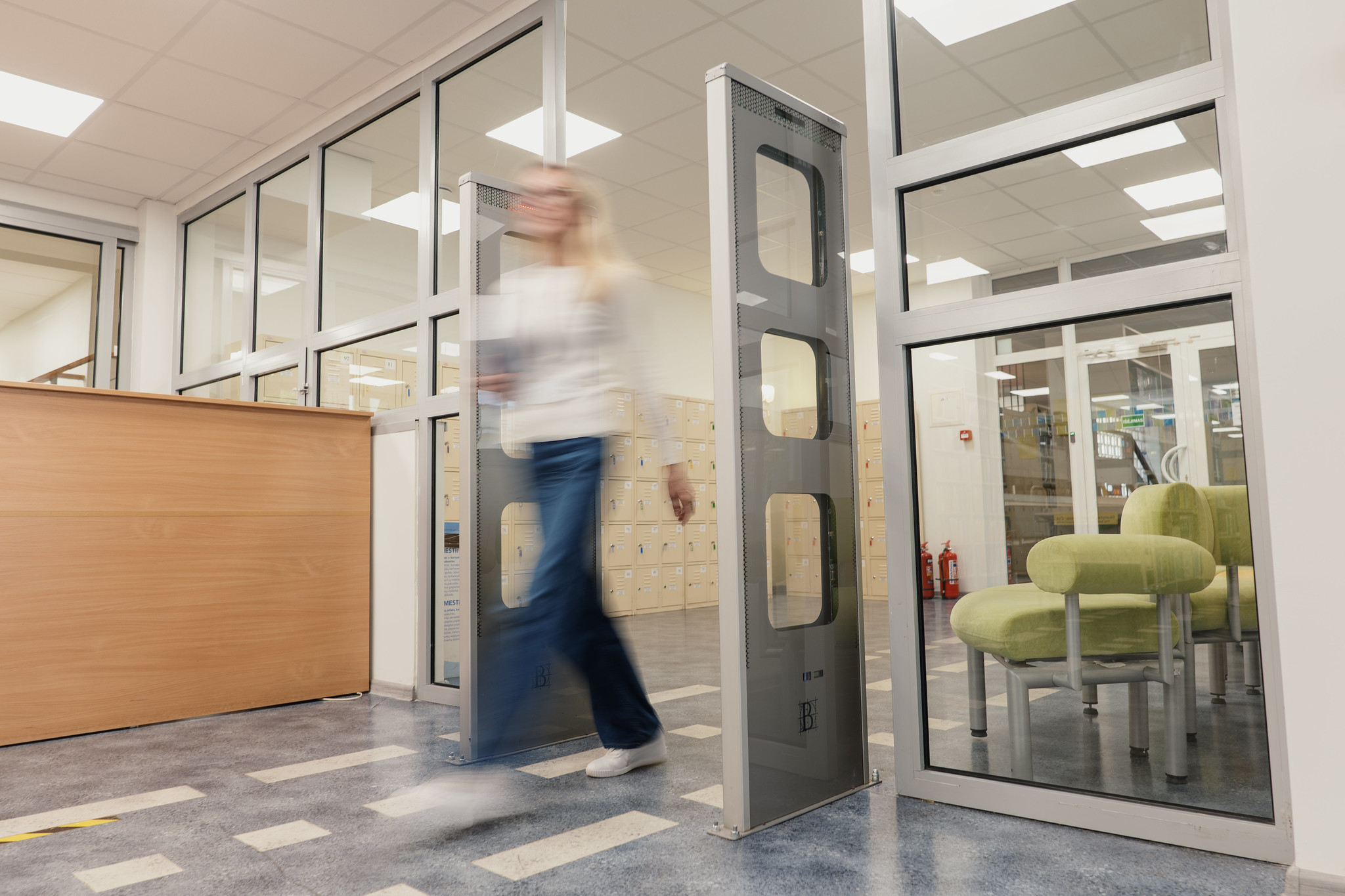VU Invites to Join Arqus “A Journey Through Artificial Intelligence” Lecture Series
 Arqus presents a lecture series on Artificial Intelligence (AI) designed for a non-expert audience to break down complex AI concepts and make them accessible to everyone. The JAI webinars aim at explaining artificial intelligence to the general public in a simple way. All sessions are planned to be held both in person and online. Registration is required.
Arqus presents a lecture series on Artificial Intelligence (AI) designed for a non-expert audience to break down complex AI concepts and make them accessible to everyone. The JAI webinars aim at explaining artificial intelligence to the general public in a simple way. All sessions are planned to be held both in person and online. Registration is required.
Session 1: Artificial Intelligence. The long and winding road by José L. Verdegay (University of Granada)
Date: 23 October 2024
Time: 16:00 – 18:00 CEST
Location: Salón de Grados, ETSI Informática y de Telecomunicación, University of Granada and online (link will be provided upon registration)
This talk will look at the origins, present and possible future of Artificial Intelligence (AI) from a fundamental perspective, to make it easier to understand for anyone without technical knowledge in the field. At this level, the most commonly used approaches, methods and techniques in AI will be described, with an emphasis on how computers make decisions.
Lecturer: José L. Verdegay (University of Granada)
José Luis Verdegay Galdeano is Professor Emeritus at the University of Granada (UGR), where he has been a Professor of Computer Science and Artificial Intelligence since 1990, and Director of the Optimization and Decision Models Working Group.
He has held numerous positions at the UGR, in the Interministerial Scientific and Technical Commission (CICyT), in the EuropeanPe Training Foundation and in the TEMPUS Office of the European Union. From 2008 to 2015 he was the UGR Rector’s delegate for ICT. Between 2015 and 2023 he was Regional Director of the Ibero-American Postgraduate University Association (AUIP) and from April 2023 until his appointment as Emeritus, he was the Director of the Department of Computer Science and Artificial Intelligence.
With more than 55 research projects led, 32 published books, the latest of which is “Artificial Intelligence for Apprentices, Schoolchildren, Novices, Beginners and the General Public”, more than 400 scientific articles and 22 doctoral dissertations directed, he is in the top 1% of the world’s most influential scientists, according to Stanford University’s 2023 World Ranking of Scientists.
In the field of artificial intelligence, his current interest is in the study and development of Cooperative Automated Decision Systems.
Session 2: Machine Learning & Generative AI by Rocío Romero Zaliz (University of Granada)
Date: 30 October 2024
Time: 16:00 – 18:00 CET
Location: Salón de Grados, ETSI Informática y de Telecomunicación, University of Granada and online (link will be provided upon registration)
Session 3: AI & Education by Piotr Malak (University of Wrocław)
Date: TBC
Time: TBC
Location: University of Wrocław
Session 4: AI alignment and value forks by Markus Kneer (University of Graz)
Date: 14 November 2024
Time: 16:00 – 18:00 CET
Location: IDea_Lab, Leechgasse 34, 8020 Graz, Austria & online (link to come)
Value alignment sounds simple: We want systems that use Artificial Intelligence to make decisions and produce outcomes consistent with our moral and societal values. In this talk, however, I’ll suggest that our ethical values informing what is the right course of action, or what should be done, can be sensitive to agent-type (human v. AI) and that this could constitute a complex problem for value alignment in different domains of application.
Lecturer: Markus Kneer (University of Graz)
Professor Markus Kneer holds the Chair for Ethics of Artificial Intelligence at the IDea_Lab, University of Graz, and he is also the director of the Guilty Minds Lab. Previously, he was a research associate at the University of Zurich working on the philosophy of language, mind and moral psychology, and a fellow at the Digital Society Initiative (UZH), where he worked on ethics and AI.
Before that, I did a postdoc at the Department of History and Philosophy of Science at the University of Pittsburgh and was a Humanities and Neuroscience Fellow at Columbia University’s Italian Academy.
For more information or any questions, please contact: Lea Pesec ()